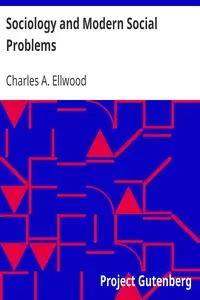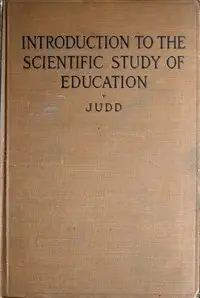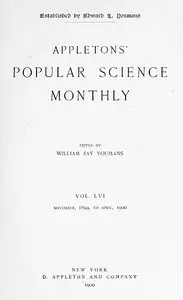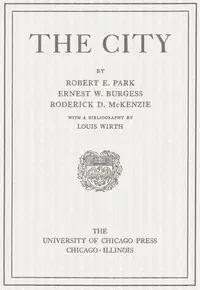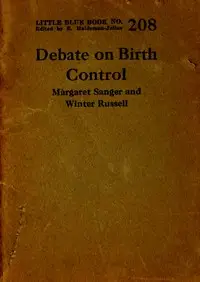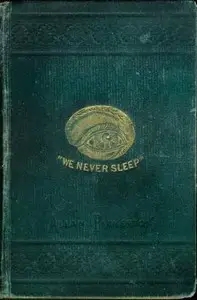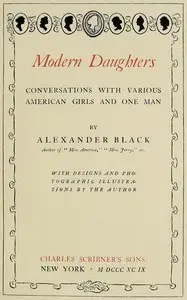"Introduction to the Science of Sociology" by Robert Ezra Park is an early sociology textbook designed to spark active learning and critical thought. It lays out the core ideas and ways of studying society scientifically, pushing students and researchers to engage directly with the world around them. The book champions the need for firsthand observation and evidence gathering, shifting away from just memorizing facts to really understanding social behaviors and views that shape our communities. Emphasis is placed on separating sociological methods from historical ones so that there is a clear pathway for investigating different sociological topics moving forward.

Introduction to the Science of Sociology
By Robert Ezra Park
Explore a book that encourages readers to become active participants in the study of society.
Summary
About the AuthorRobert Ezra Park was an American urban sociologist who is considered to be one of the most influential figures in early U.S. sociology. Park was a pioneer in the field of sociology, changing it from a passive philosophical discipline to an active discipline rooted in the study of human behavior. He made significant contributions to the study of urban communities, race relations and the development of empirically grounded research methods, most notably participant observation in the field of criminology. From 1905 to 1914, Park worked with Booker T. Washington at the Tuskegee Institute. After Tuskegee, he taught at the University of Chicago from 1914 to 1933, where he played a leading role in the development of the Chicago School of sociology.
Robert Ezra Park was an American urban sociologist who is considered to be one of the most influential figures in early U.S. sociology. Park was a pioneer in the field of sociology, changing it from a passive philosophical discipline to an active discipline rooted in the study of human behavior. He made significant contributions to the study of urban communities, race relations and the development of empirically grounded research methods, most notably participant observation in the field of criminology. From 1905 to 1914, Park worked with Booker T. Washington at the Tuskegee Institute. After Tuskegee, he taught at the University of Chicago from 1914 to 1933, where he played a leading role in the development of the Chicago School of sociology.

